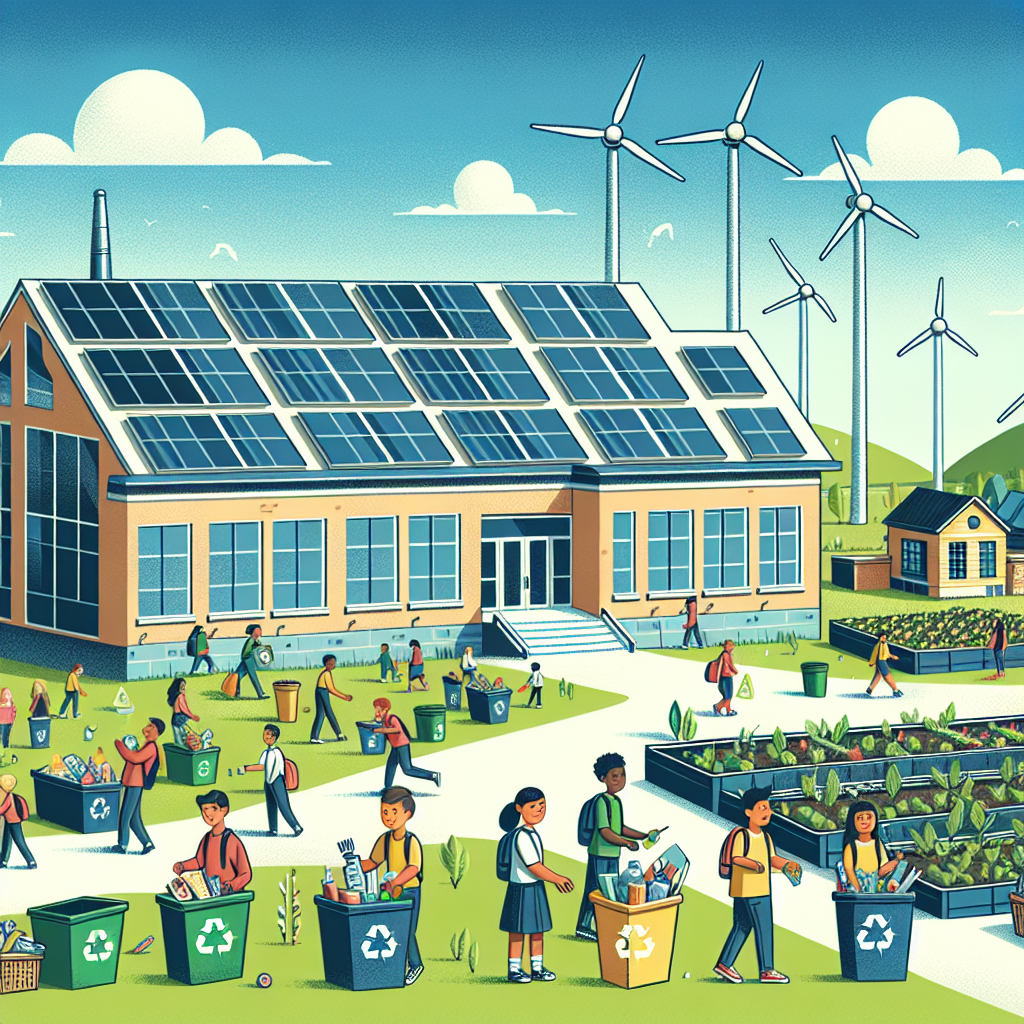Off the Grid: A Minimalist’s Guide to Living Simply
Living off the grid has become an increasingly appealing lifestyle choice for those looking to escape the hustle and bustle of modern life. Embracing a minimalist approach to living can truly enhance this experience by focusing on simplicity and self-sufficiency. At its core, living off the grid involves creating a life that relies on renewable energy sources and sustainable practices, thereby minimizing dependency on public utilities.
One foundation of off-grid living is the strategic use of renewable energy. Solar panels are perhaps the most popular solution, converting sunlight into electricity that can be stored in batteries for later use. When planning to install solar panels, it is crucial to conduct a solar assessment to determine the suitable type and number of panels required based on geographical location and weather conditions. Complementing solar power with wind turbines and micro-hydro systems can diversify energy sources, thereby enhancing reliability and efficiency. Incorporating energy-efficient appliances and LED lighting further amplifies the benefits of renewable energy, reducing the overall electricity demand.
Water is another critical aspect of off-grid living. Catching rainwater is a common practice, involving the collection of rainwater from rooftops and its storage in tanks for later use. Filtering and disinfecting this water is essential to ensure it is safe for consumption. Another viable option is digging a well, provided legal permissions are obtained, and water quality is guaranteed. Installing composting toilets, along with low-flow faucets and showerheads, can drastically cut water usage, aligning well with a minimalist approach to resource consumption. This combination of practices fosters a more sustainable and environmentally friendly lifestyle.
Heating is essential, especially in regions with cold climates. The use of wood-burning stoves, pellet stoves, or solar heating systems can ensure an off-grid home remains warm and comfortable. When opting for wood-burning stoves, sourcing wood sustainably and planning for efficient fuel usage can help minimize the environmental impact. On the other hand, passive solar design—for instance, utilizing large, strategically-placed windows—can optimize the capture of natural sunlight, warming the house during colder months. Utilizing proper insulation techniques for floors, walls, and roofs is another way to maintain indoor comfort while conserving energy.
Food production is another pillar of living off the grid. Starting a home garden with a variety of vegetables and fruits allows off-gridders to have easy access to fresh produce. Companion planting—a practice of growing specific plants together—can enhance plant health and yield, reduce pests, and improve nutrient absorption. Raising livestock such as chickens or goats provides a source of eggs, milk, and meat. Learning food preservation techniques, such as canning, fermenting, or dehydrating, extends the harvest’s shelf life and minimizes waste. These practices can cultivate a profound connection with nature while securing a degree of food independence.
Being minimalist while off the grid extends beyond physical goods and resources; it encompasses mental clarity and emotional wellbeing. Reducing the physical clutter makes room for deeper introspection and appreciation of nature’s bounty. Limiting the footprint on technology by disconnecting from constant digital notifications can contribute to a more tranquil mindset. Embracing the rhythms of the natural world, such as waking with the sun or adjusting activities to the seasons, is a subtle but significant shift towards a life centered around simplicity and balance.
Financial considerations are integral to transitioning to an off-grid lifestyle. Initial investments in infrastructure, such as solar equipment or water treatment systems, can be costly. However, these expenses can potentially be offset by the long-term savings accrued from not relying on public utilities. Creating a detailed budget and prioritizing essential purchases can prevent overspending. Many people supplement their income by selling excess food, homemade crafts, or other goods, providing an additional financial buffer. Engaging with online communities can also reveal cost-saving tips and tricks shared by seasoned off-gridders who have faced similar economic challenges.
Legal aspects of off-grid living cannot be overlooked. Property zoning laws can influence permissible building practices, while water rights and waste disposal regulations must be adhered to religiously. Before purchasing land or starting new projects, thorough research of local laws and a consultation with legal experts are necessary to avoid unforeseen complications. Incorporating renewable energy certifications or eco-friendly accreditations can support legal compliance and demonstrate commitment to sustainable practices.
Community engagement plays a pivotal role in off-grid living. While the lifestyle may imply solitude, building relationships with neighbors and nearby off-grid communities fosters a supportive network. Participating in local farmers’ markets, workshops, and trade events can enrich knowledge and provide mutual assistance. Skills exchange, such as bartering carpentry services for gardening help, strengthens community ties and bolsters personal resourcefulness.
Education and continuous learning are the backbone of a fulfilling off-grid existence. Developing skills in areas such as carpentry, plumbing, electrical systems, or agriculture not only allows for greater independence but also reduces reliance on external professionals. Participating in online courses, reading relevant literature, or engaging mentors broadens understanding and enhances problem-solving abilities.
Technology can still play a meaningful role in an off-grid life if used judiciously. Installing a reliable satellite internet connection can facilitate access to educational resources and digital tools. Utilizing smart home technology like energy monitoring systems can improve efficiency by tracking and optimizing energy usage. However, ensuring that technology serves the purpose of enhancing self-reliance and sustainability is paramount to maintaining a minimalist ethos.
In practice, off-the-grid living backed by a minimalist philosophy promotes a deliberate lifestyle that prioritizes efficiency, sustainability, and mental clarity. By freeing oneself from the excesses of modern living and focusing on essential needs, both the planet and individual can flourish. The journey towards this lifestyle requires commitment, innovation, and a willingness to embrace change, ultimately resulting in a purer, more harmonious way of life.




